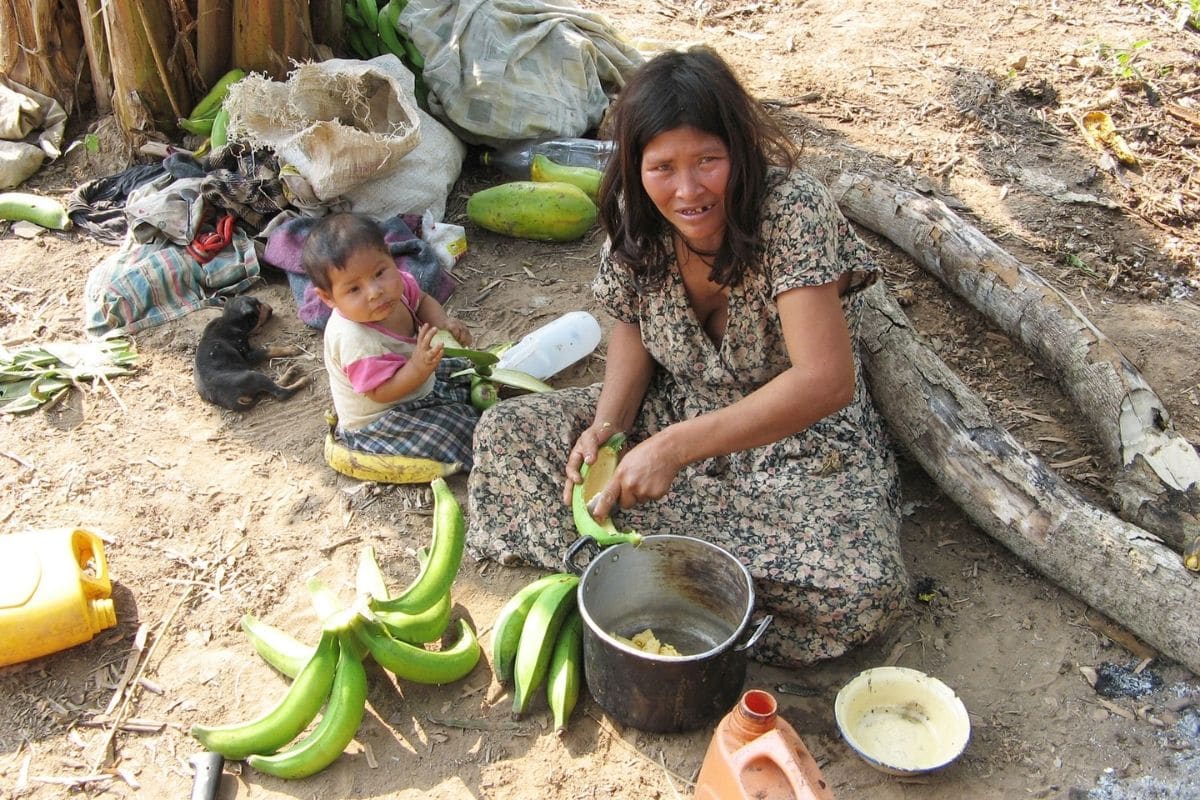
A pre-industrial lifestyle appears to be able to prevent Alzheimer’s disease and related forms of dementia.
Dementia is already one of the leading causes of death worldwide. And the situation is only expected to worsen in the future. It is predicted that the number of people with dementia will explode to a staggering 153 million people by 2050. Perhaps, however, we can learn something from two indigenous Bolivian peoples in our fight against this debilitating disease. because research has shown that both the Tsimane and Moseten appear to be virtually immune to dementia.
It is not the first time that the Tsimane has been in the news. Previous research has shown that these indigenous and isolated people living in the Bolivian Amazon have a very strong heart. The study found that nearly 9 in 10 Tsimane people have no risk of heart disease at all. In addition, the researchers discovered that no other nation in the world is known to age as slowly as the Tsimane. In addition, coronary artery calcification is also a real rarity among this population. Not only do these people have a stronger heart, their brains also stay healthy for much longer. The Tsimane have a simple life consisting mainly of hunting, gathering, fishing and farming. And that is bearing fruit. Because thanks to this lifestyle, their brains also age much more slowly.
Using CT scans and questionnaires, among other things, the research team studied to what extent both the Tsimane and the Mosets suffer from dementia and other cognitive disorders. It leads to a striking discovery. For example, the researchers found only five cases of dementia among 435 Tsimane people and only one case among 169 Mosets aged 60 and older.
Dementia
It means that only one percent of the elderly Tsimane and Moseten people suffer from dementia. By comparison, in the United States, as many as 11 percent of people age 65 and older have dementia. “Something in the pre-industrial lifestyle seems to protect the elderly Tsimane and Moseten from dementia,” said study researcher Margaret Gatz.
Lifestyle
The two indigenous peoples have a very healthy way of life. For example, the approximately 17,000 Tsimane remain physically active throughout their lives. They fish, hunt and farm with hand tools and gather food from the forest. In addition, unlike many other indigenous peoples in Australia, North America, Guam and Brazil, they live in complete isolation.
Comparison
This lifestyle is paying off. When the researchers compared their results with studies of 15 other indigenous peoples, they found that the Tsimane and Mosets are much less likely to suffer from dementia in comparison. The fact that Indigenous populations in other parts of the world are more likely to suffer from dementia may be related to their more contact with – and thus more likely to adopt the lifestyle of – their non-Indigenous neighbours. In addition, these other indigenous peoples are also at greater risk of diabetes, high blood pressure, alcoholism, obesity and cardiovascular disease; risk factors all of which are extremely low among the Tsimane and Moseten.
The secret
According to the researchers, this could be the secret of the Tsimane and Moseten. In high-income countries, a lack of exercise and diets rich in sugars and fats are central. And this can contribute to heart disease and accelerate brain aging. Brain aging is in turn the most important risk factor for Alzheimer’s disease and other forms of dementia. Low formal education, high blood pressure, diabetes, cardiovascular disease, little exercise and even air pollution can all increase the risk of dementia and Alzheimer’s disease.
It means we can potentially learn a lot from the Tsimane and Moseten. Because while scientists around the world search for solutions to the debilitating disease, the pre-industrial lifestyle of the two Bolivian indigenous peoples appears to be able to prevent Alzheimer’s disease and dementia. “We are diligently looking for solutions for the growing numbers of people who develop Alzheimer’s disease and related dementias,” said study researcher Hillard Kaplan. “By studying diverse populations, we can increase our understanding of these diseases and gain important new insights.”
Source material:
†Study: Some of the world’s lowest rates of dementia found in Amazonian indigenous groups– University of Southern California (via EurekAlert)
Image at the top of this article: Tsimane Health and Life History Project Team